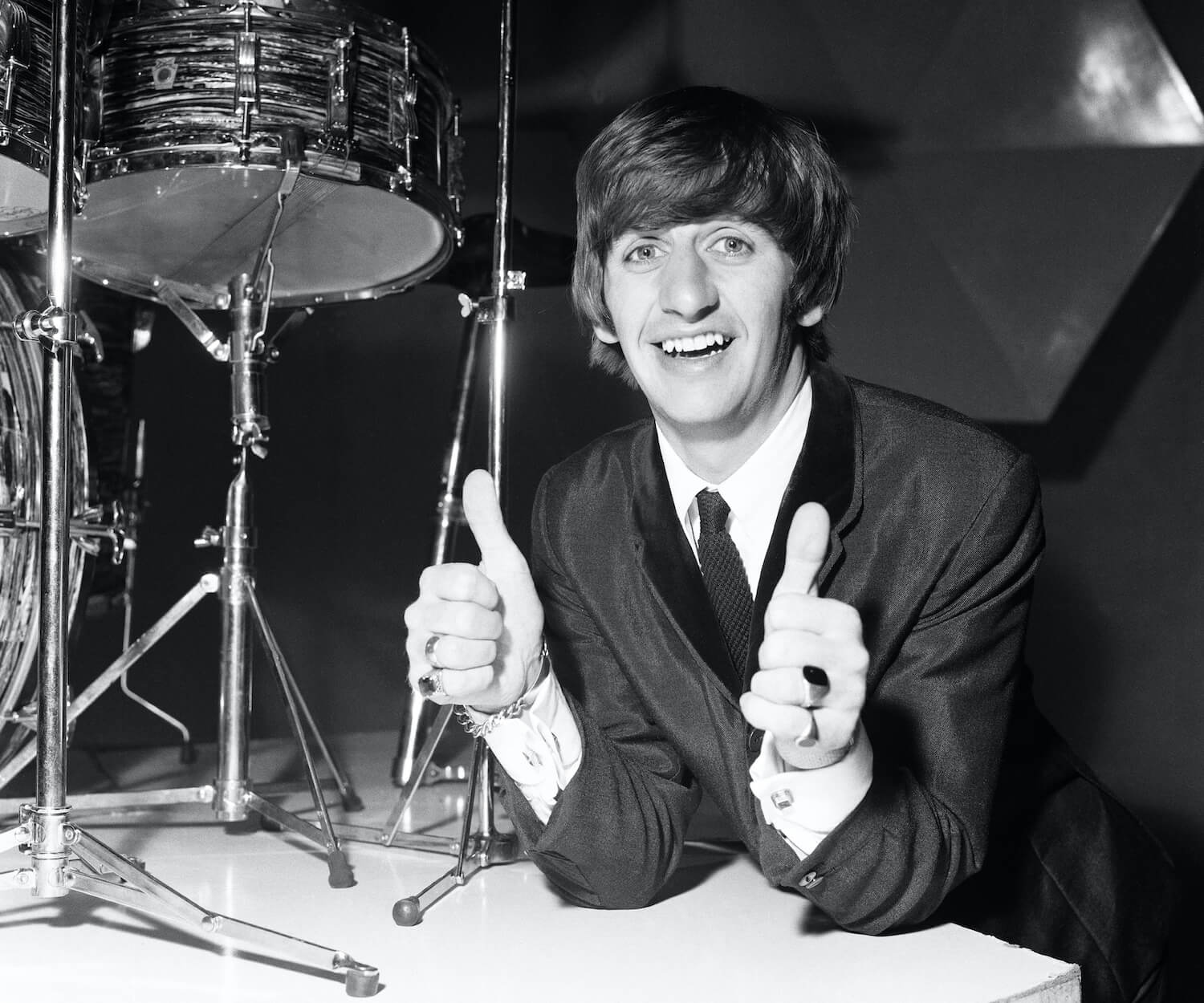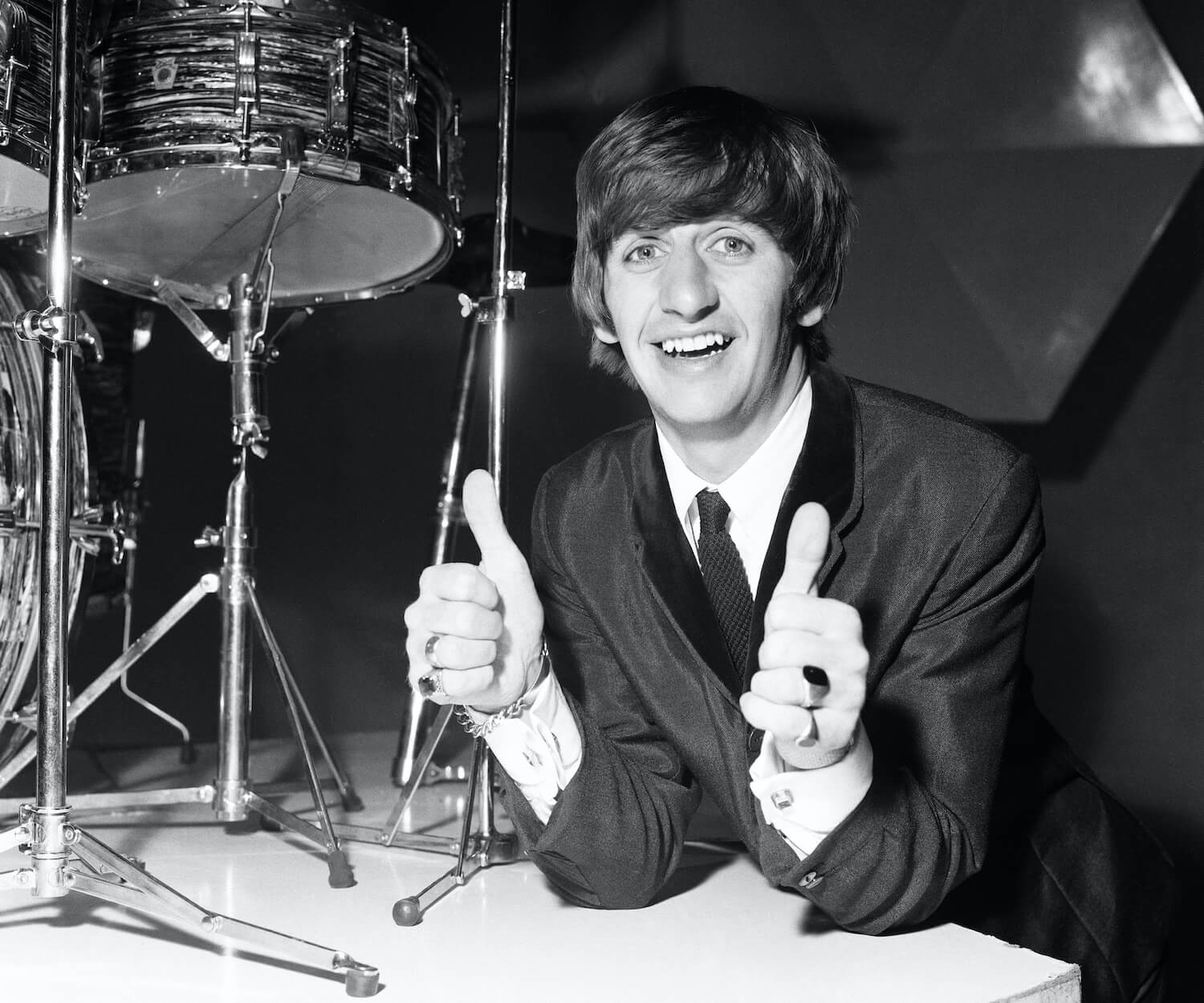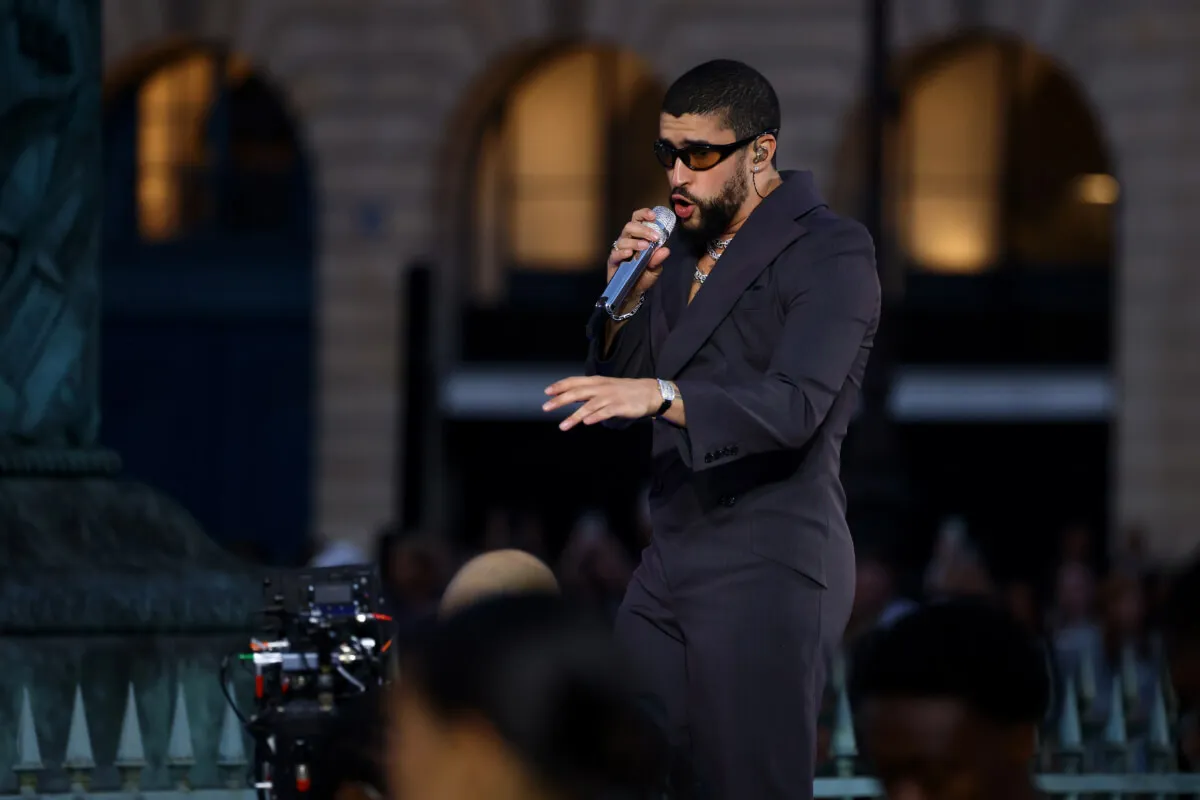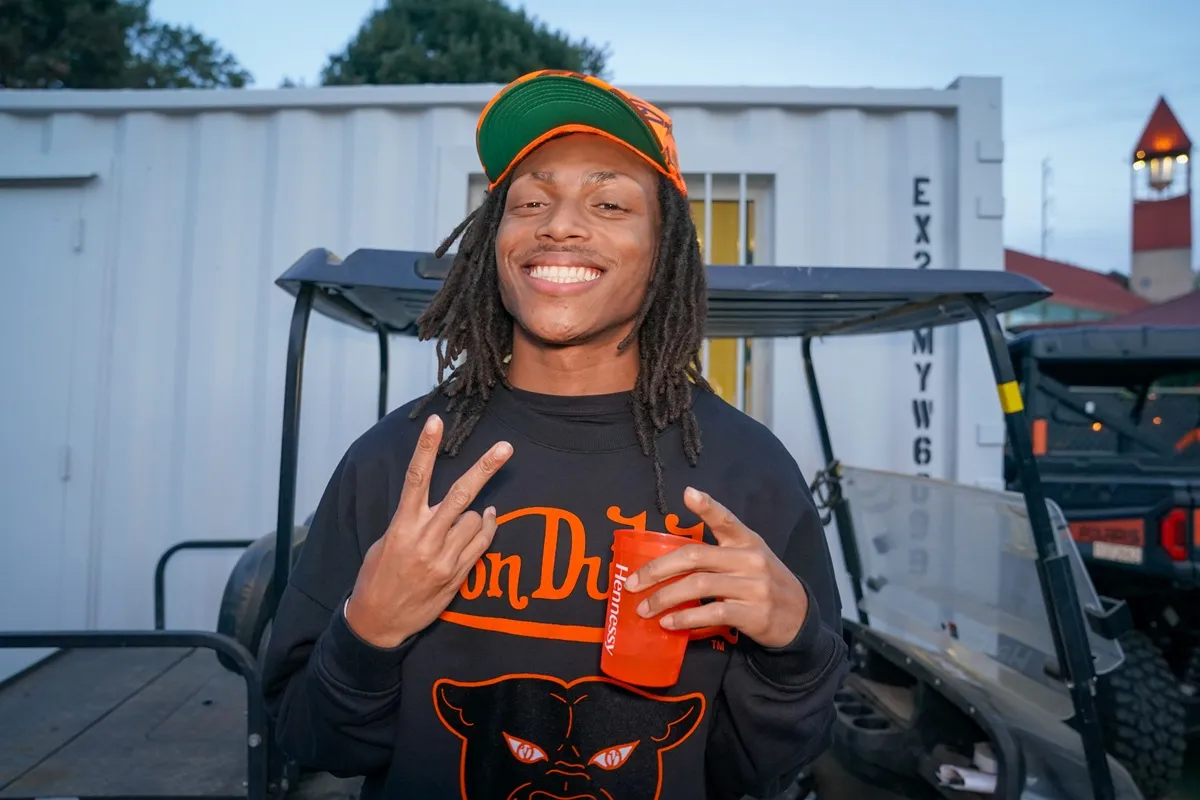
Ringo Starr Complained About Being Ignored by The Other Beatles and Was Rewarded On ‘Rubber Soul’
With hindsight, we know Ringo Starr was a crucial piece of the puzzle for The Beatles. Yet he sometimes lost sight of that fact. When Ringo complained about being the fourth wheel, the other Beatles gave him a bigger role on Rubber Soul. Never mind that his steady timekeeping and versatility helped the Fab Four win scores of fans around the world. Ringo praised his drumming as the centerpiece of the song “Get Back,” and he was right on the nose with it. Maybe that complaining and more prominent role on Rubber Soul and later albums paid off.

Ringo Starr needed time to get comfortable in The Beatles
Joining The Beatles was like going to a new school for Ringo — he was the newbie among people who already knew each other well. He found positives to being the fourth Beatle — namely, Paul McCartney, John Lennon, and George Harrison shouldered much of the burden.
The Beatles wanted Ringo in the band, but they didn’t always show it. Producer Goerge Martin replaced the drummer with a session player for one “Love Me Do” recording session. When Jimmie Nicol sat behind the drum for a string of 1964 concerts, an ill Ringo wondered if he was being replaced.
The drummer, feeling his bandmates were excluding him, walked out on the band during The White Album sessions. He felt the same way years earlier, and when Ringo complained about it, The other Beatles gave him a bigger role on Rubber Soul.
Ringo complained about being overlooked and was rewarded with more work on ‘Rubber Soul’
Some of Ringo’s frustrations about being overlooked stemmed from a song off the Help! soundtrack. He felt intentionally omitted when John, Paul, and George worked together on a different arrangement of “You’ve Got to Hide Your Love Away” for the folk group The Silkie. The song charted for that band in late September 1965, per the Official Charts Company.
That work for The Silkie happened around the same time The Beatles recorded Rubber Soul for its late 1965 release. John, George, and Paul were the only performers on the first version of “Norwegian Wood.” To Ringo, that nearly cemented his role as an outsider among the other three.
Rather than ditch the band, he spoke up, writes Ringo Starr: Straight Man or Joker? author Alan Clayson. When Ringo complained about being overlooked, the other Beatles rewarded him.
For starters, they remade “Norwegian Wood” and included percussion instruments (finger cymbals, maracas) played by Ringo. The song also earned a prominent spot on the album as the second song on Side 1. Paul and John gave Ringo a writing credit on their song “What Goes On,” let him sing it, and made it the first song on Rubber Soul’s second side.
Instead of walking out on the band as he did years later, Ringo let the other Beatles know how he felt about being overlooked. In return, they gave a much more prominent role on Rubber Soul. Ringo got a percussion part on what became one of The Beatles most famous songs, a prominent spot in the running order, and a co-writing credit on a tune that was the first song on Side 2.
The drummer became a more audibly integral part of The Beatles’ sound by the end of the band’s run
Ringo complaining about feeling left out during the Rubber Soul sessions directly led to him having a more prominent role on the album. Indirectly, his drumming became more noticeable later in The Beatles’ career.
The 1966 B-side “Rain” featured a warehouse of Ringo beats. He called it one of The Beatles’ weird tracks because of his busy and intricate drumming. With some help from tape loops and multi-tracking, Ringo laid down one of the all-time great beats with Revolver album closer “Tomorrow Never Knows” that same year.
Ringo shined on Abbey Road, the final album the Fab Four worked on together. He loved the sessions because of his drum sound, and that energy comes through in his playing.
Ringo played the only recorded drum solo of his career on “The End,” but his fine stickwork is all over Abbey Road. Delicate and nuanced playing on George’s ballad “Something,” one of the most recognized beats ever on “Come Together,” holding things down on powerfully atmospheric “I Want You (She’s So Heavy).”
Ringo Starr complained about being overlooked while The Beatles made Rubber Soul. John and Paul gave him a bigger role on the album. Later on, the drummer took matters into his own hands and played so undeniably powerfully that there was no way to ignore him.
For more on the entertainment world and exclusive interviews, subscribe to Showbiz Cheat Sheet’s YouTube channel.


